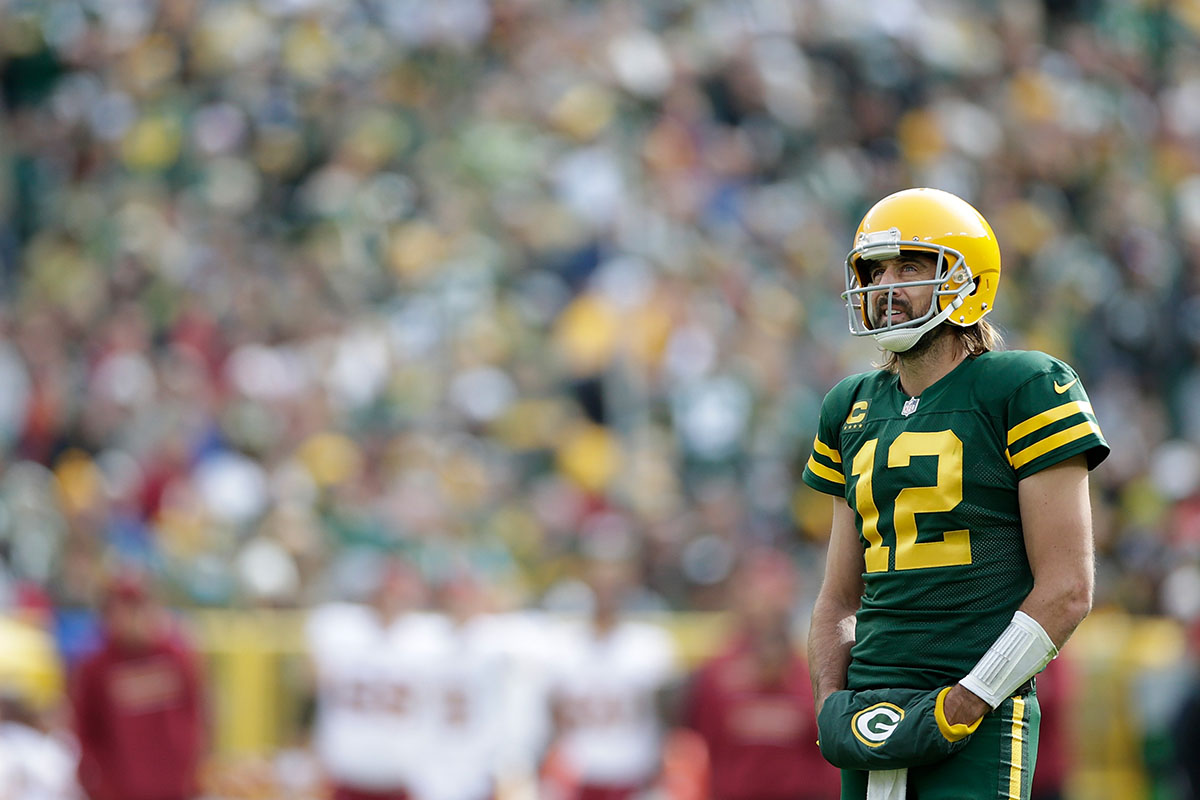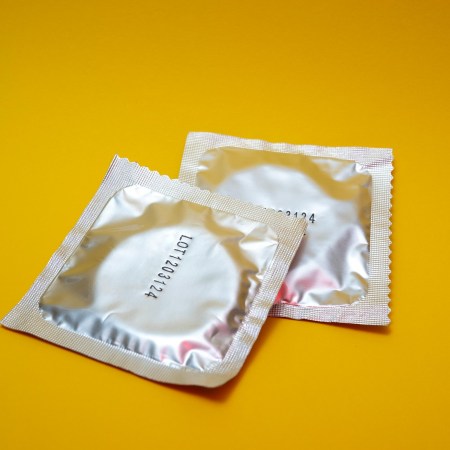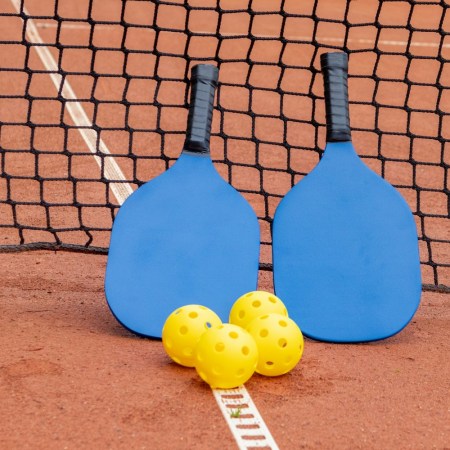Aaron Rodgers got the win last Sunday, leading the Green Bay Packers to a 24-10 victory over the Washington Football Team. He threw three touchdowns and zero interceptions, and heading into Week 8 of his “Last Dance” year at Lambeau, helped improve the team’s record to an NFC North-leading 6-1.
As sharp as Rodgers was, the afternoon might’ve turned out a little differently had he not scheduled a morning session with Packers chiropractor Mike Zoelle. The 37-year-old quarterback reportedly woke up early at the team hotel to pain in his back. He said after the game: “I woke up this morning and my back was killing me. It was all locked up and I came in here early, and I’m thankful for those guys taking care of me in order to go out and play today.”
For those who aren’t aware, the Packers have a time-honored tradition — Rodgers called it an “antiquated procedural thing in our league” — of sleeping in a hotel the night before home games. Why? Not just for pasta and camaraderie. Historically, coaches were concerned that young players would hit the town instead of getting the rest they needed, and show up “drunk in the huddle.” It’s likely, also, that team officials wanted players saving their energy for the game, instead of expending it in the bedroom with a partner. “Women weaken legs,” however inaccurate, is a favorite mantra of coaches.
Last year, as part of the NFL’s expansive COVID safety measures, the league elevated “hotel before home games,” from an unwritten, selective rule (cheaper teams haven’t usually embraced spending thousands of dollars for what they see as an unnecessary expense) to a mandate. The rule reads: “The Home Team will be required to stay at the team hotel the night prior to each game. All hotels must comply with the requirements set forth in the Team Travel Protocol and must provide parking for all players and essential staff segregated from the public.”
Throughout the sports world, visiting teams have long faced the ire of local fans when they stay in hotels. Earlier this year, fans of Paris Saint-Germain set off fireworks outside hotel rooms where FC Barcelona players were sleeping at the ungodly hour of 4 a.m. Years ago, during a pregame nap, LeBron James complained about a “full on concert” taking place outside his hotel window. Still, sleeping in a home hotel room poses its own challenges.
Sleep is especially precious for athletes — they consistently weather long travel days, early wake-up times and pesky injuries. To channel peak performance the next day, they need an optimal sleeping environment. That means a room with the right-sized bed, the right temperature, the right amount of darkness. The right answers here aren’t universal; they’re simply what’s most familiar to a certain player. If this, this and that help you consistently sleep seven hours or more, you stick with it.
Which is why sleeping in a “foreign” bed, for what Rodgers described as “the most important night of sleep [of the week]” makes absolutely zero sense. Once the league has a better understanding of how long its COVID protocols will stay in place, teams should move to abandon the home-team-in-hotels policy. Think about it: Aaron Rodgers, love or hate him, is an unbelievable quarterback. A B-list bed at the Ashwaubenon Raddison might not scratch him from a game, but it can contribute to a sore back and compromise his ability to twist and hurl the ball down the field on a given day.
It’s not just stars who have to deal with the fallout from a bad night’s sleep, either. As former NFL defensive end Stephen White wrote for Bleacher Report a few years ago, younger players often have to shack up with roommates. White wrote: “Some guys snore, others stay up all night on the phone, and still some have poor hygiene. Any of those situations, or many others not listed, could contribute to you not having a good night’s sleep — something that is usually vital to performing well the next day.”
He’s absolutely right. There will always be players who go out and make bad decisions the night before a game. But that’s on them. Let those who take the next day seriously — and take their sleep extremely seriously — crash where only they know how to crash best.
The Charge will help you move better, think clearer and stay in the game longer. Subscribe to our wellness newsletter today.


















